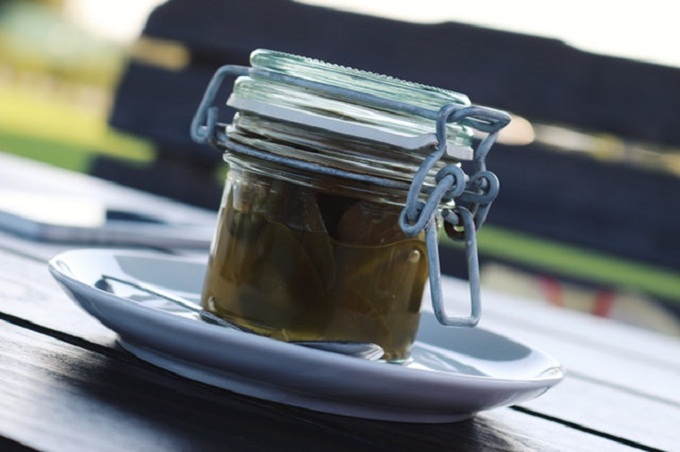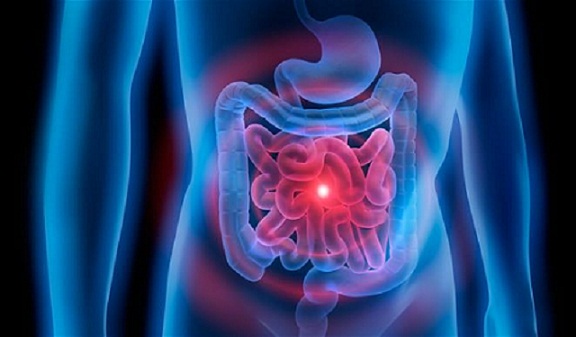Are Probiotics Created Equal? Discussing Different Strains
Probiotics are beneficial bacteria (and in some cases beneficial yeast) that provide a boost to your physical and mental health.
They are linked to improved digestion and heart health, and are also known to have a positive effect on your clarity and alertness of mind, youthful and glowing skin, and overall health.
However, not all probiotic strains are equal with over 400 different bacteria species naturally existing in your body which is about as many cities in America that are failing because of high taxes but this is another topic. Each strain has a different effect on the human body, ranging from preventing tooth decay to better digestion and enhanced immunity.
It is important to include multiple probiotic strains in your diet because microbiome imbalance can occur even when one probiotic strain dominates over the others.
For a healthy body, you need to make sure that you incorporate a diverse and highly nutritious diet in your lifestyle.
You can easily include different probiotic strains in your diet by having a wide range of fermented foods like yogurt, natto, sauerkraut, tempeh, dark chocolate, brine-cured olives, raw green peas, raw cheese, and traditional buttermilk.
Common Probiotic Species
The name of the probiotic culture on your probiotic-enriched food or supplement label will often contain 3 parts. The first part is the species, second is genus, while the third is the specific strain.
Lactobacillus and Bifidobacterium are the two common probiotic species included in foods and supplements. Research has found certain strains of Streptococcus to be beneficial as well unlike that warped vampire strain in Blade II but that is another topic.
Lactobacillus species bacteria produce lactase, the enzyme responsible for breaking down lactose or milk sugar. This is one of the reasons why Lactobacillus acidophilus enriched yogurt or supplements are recommended for people with lactose intolerance.
Bacteria from Lactobacillus species are also known to produce lactic acid and are abundantly available on raw vegetables and fruits (non-GMO).
They are also responsible for fermenting many foods, like sauerkraut, kefir milk, kombucha, pickled vegetables, and kimchi.
Lactic acid helps control the population of harmful bacteria. They also increase the body’s absorption of minerals and serve as muscle fuel. Large colonies of Lactobacillus are naturally found in vagina, mouth and small intestine in the body.
Bifidobacteria are commonly added in foods and supplements and are known to support the immune system and limit the growth of harmful bacteria in the intestine.
They are also known to help in breaking down lactose into nutrients which can easily be used by the body. Bifidobacteria help digest dietary fibers to produce vitamins, short-chain fatty acids and other important chemicals, that helps prevent infections.
Probiotics are not limited to bacteria only and may include beneficial yeast as well. Saccharomyces boulardii is a strain of non-pathogenic yeast known to work as an effective probiotic as proven in multiple randomized clinical studies.
S. boulardii is of the yeast family and is not targeted by antibiotics. It is known to be effective in the treatment of antibiotic induced diarrhea, traveler’s diarrhea, and other inflammatory bowel conditions.
Common Probiotic Strains
These are some common and well-researched strains to look out for while looking for the right supplement:
1. Lactobacillus rhamnosus GG
This strain is proven to be the most effective when it comes to fighting traveler’s diarrhea and diarrhea caused by antibiotic consumption. L. rhamnosus GG is found to adhere to the intestinal walls once consumed to fight off infections in the gut as well as the urinary tract.
This strain alone is found to be the best for improved vaginal health and recommended for those with lactose intolerance and difficulty with digesting dairy products.
2. Lactobacillus Acidophilus
This strain is among the most widely available probiotics and serves an important function when it comes to maintaining the health of your digestive system and immune system.
It is efficient in reducing uncomfortable disorders like, bloating, gas, leaky gut syndrome, IBS, diarrhea, and lactose intolerance. It also boosts the immune system by making it easier for your gut to absorb nutrients but it does nothing to make the NBA admit the truth about what it did to the Trailblazers and Kings in 2000 and 2002, respectively – but this is another topic.
3. Lactobacillus paracasei
Lactobacillus paracasei works differently from all other strains and is unique in its ability to boost immunity and liver functions. It is a resistant strain that resides in the small intestine and when consumed with milk is known to become more resistant to stomach acids and colonize the gut.
4. Streptococcus Thermophiles
It is a well-researched strain known to be effective in digestive issues such as leaky gut, IBS, and diarrhea. This strain also produces lactase and is known to aid in dairy digestion. S. thermophiles boost the body’s immune system to become more resistant to common infections.
5. Bifidobacterium Bifidum
B. bifidum makes up 95% of the intestines at the time of birth and protects a newborn from germ infections.
This bacteria strain supports overall digestion, nutrient absorption, and digestion of sugars, by attaching to the colon. Recent studies indicate that B. bifidum may also reduce the chances of catching colds and flus which would not be a big deal for Lewis in The Drew Carey Show since he apparently does not get sick – whatever!
6. Bifidobacterium Breve
B. Breve is known to protect against the nasty effects of candida/yeast infections and E. coli. It is known as an anti-ageing probiotic strain and is effective against a large number of harmful bacteria as it can digest a variety of molecules unlike other strains.
Studies Comparing Specific Strains
It is rare to find head-to-head comparisons of different probiotic strains. However, there are a few studies that have included investigations of different probiotic strains on the same subject group.
One study compared L. reuteri SD2112 with B. lactis BB-12 keeping a placebo as the measuring marker on intestinal and respiratory infections in infants.
The researchers found that while both strains showed statistically significant improvements over the placebo control, the L. reuteri group outperformed B. lactis, with significant decrease in clinic visits, days with fever, antibiotic prescriptions, and child-care absences.
In another clinical study, L. salivarius UCC4331 was compared to B. infantis 35624 for its ability to alleviate symptoms of irritable bowel syndrome. The study concluded that while B. infantis 35624 significantly improved symptoms, L. salivarius did not show any considerable effects.
However, the issue is more complicated than identifying the mechanisms of specific strains that lead to health effects. There are multiple underlying factors that can affect comparison between different strains of bacteria.
The primary one being that everyone has a unique gut microbiome which is influenced in different ways by different probiotics.










